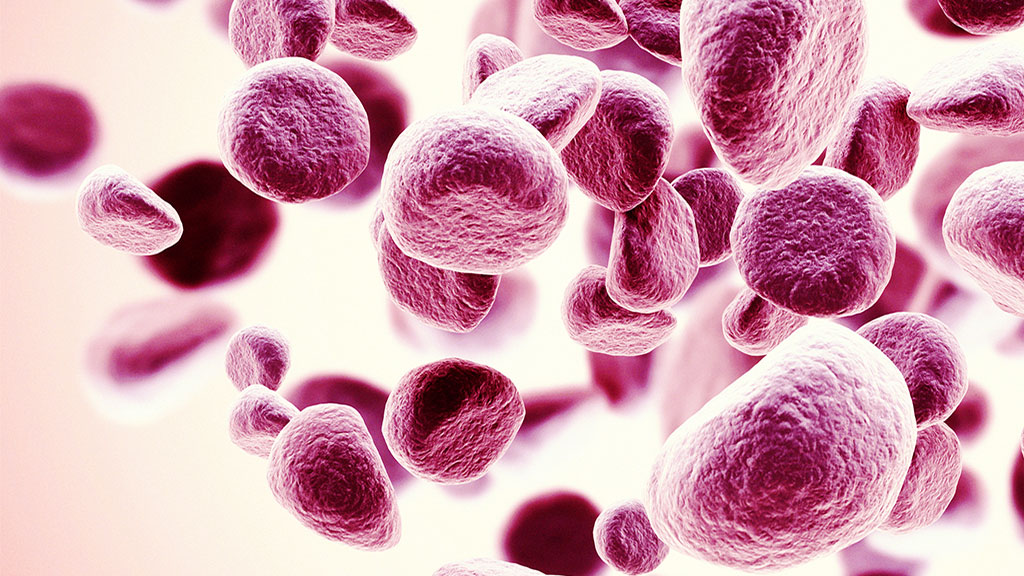Imara raises $63m for sickle cell drug trials

US biotech Imara has raised $63 million for clinical development of its sickle cell disease drug, which is in mid-stage development.
Imara attracted investors including Arix Bioscience, which has invested $15 million for a 10% stake, and will also lend support as its investment director Mark Chin has joined Imara’s board, with investment associate John Cassidy joining as an observer.
Based in Cambridge, Massachusetts, Imara is developing IMR-687, an oral, highly potent and selective phosphodiesterase 9 (PDE9) inhibitor developed to treat the underlying causes of sickle cell disease.
Imara is led by chief executive Rahul Ballal, formerly chief business officer at Northern Biologics and entrepreneur-in-residence at Versant Ventures.
Early clinical data suggests IMR-687 could improve health outcomes and possibly modify the disease’s pathology.
Unlike other drugs IMR-687 works on both red and white blood cells and after a successful phase 1 trial it is being tested in a global phase 2a study in adults with sickle cell disease, including sites in the UK.
The financing was co-led by new investors Arix and Orbimed Advisors and also included RA Capital and Rock Springs Capital. Existing investors NEA, Pfizer Ventures, Bay City Capital, Lundbeckfonden Ventures and Alexandria Venture Investments also participated in the fundraiser.
Proceeds from the financing will be used to progress clinical development in sickle cell disease in adults and children, and broader applications in beta thalassemia and other haematological conditions. Sickle cell disease affects around 160,000 people in the US and Europe and many more in Africa and Asia.
The symptoms of sickle cell disease are caused by abnormally-shaped red blood cells blocking small blood vessels, with patients experiencing repeated episodes of vaso-occlusive crisis, acute chest syndrome, and damage to other organs including the liver, spleen, kidney and the brain.
Ballal said: “This is a transformative moment for Imara, as this financing allows us to accelerate clinical development for IMR-687 in SCD and expand its utility to other populations and related haematological diseases. We hope to provide patients a meaningful, but easy-to-use therapy in their fight against SCD and related disorders.“











